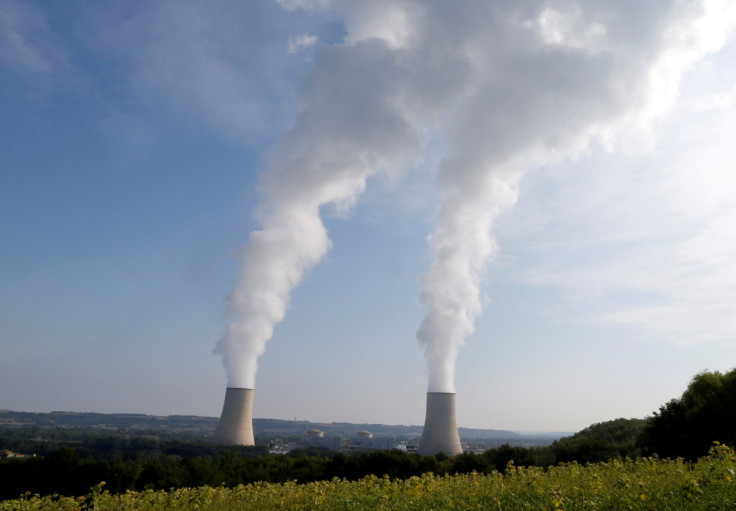France To Host Pro-nuclear Meet To Push For EU Recognition Of Climate Benefits

France will host a meeting of ministers from 16 pro-nuclear European states on Tuesday aimed at coordinating expansion of atomic power and urging the EU to recognise its role in meeting climate goals for 2050, documents seen by Reuters showed.
The meeting in Paris on Tuesday will include EU Energy Commissioner Kadri Simson and representatives from 14 EU countries including France, Belgium and the Netherlands, plus Italy as an observer and the United Kingdom as a non-EU invitee.
A draft of the post-meeting statement seen by Reuters said the countries would encourage the commissioner to integrate nuclear energy into the EU's energy policy by recognizing nuclear alongside other green energy technologies in EU decarbonisation goals.
They also called for the publication of an EU communication on small modular reactors.
The statement, which could still change before it is adopted on Tuesday, said participants planned to boost EU nuclear capacity to 150 gigawatts by 2050 from 100GW today by building 30 to 45 new reactors, both small- and large-scale.
Strengthening the supply chain and reducing dependence on Russia is also listed as a goal for coordination.
A European Commission official said Simson's presence was "a signal of active attention to a growing industry and a key technology for net zero, but without departing from our limited role and neutral stance", as any signed declaration would be among national representatives only.
Nuclear energy jumped up the EU's energy policy agenda this year when countries splintered into pro- and anti- nuclear alliances amid a dispute over whether to count the energy source towards EU renewable energy targets.
After a last-minute compromise was thrashed out on that law, France and other pro-nuclear states are now seeking to improve the status of nuclear energy more broadly and boost cooperation between countries that use the technology.
Nuclear energy can produce baseload CO2-free electricity in large quantities, and European countries including Poland are planning their first reactors to help phase out fossil fuels.
Some land-locked states, such as the Czech Republic, see nuclear as a key green energy source especially because they, unlike coastal states, cannot build large offshore wind farms.
EU opponents of nuclear energy - among them Germany, which switched off its last reactors last month, Luxembourg and Austria - cite concerns including waste disposal and maintenance issues that have plagued the French fleet in recent years.
Austria and Luxembourg are taking the EU to court over its decision to officially label nuclear investments as "green".
© Copyright Thomson Reuters {{Year}}. All rights reserved.





















